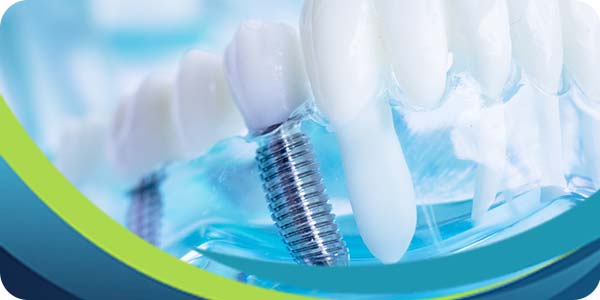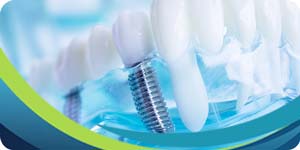Home » San Jose CA Types of Dental Implants
You cannot copy content of this website, your IP is being recorded
Types of Dental Implants in San Jose, CA
Dental implants offer a permanent, natural-looking solution to restore your smile and improve oral function. At NuSmile Dental & Orthodontics in San Jose, CA, Dr. Lawrence Wu, DDS will guide you better about different types of dental implants and help to suggest the most suitable type for you. We are conveniently located at 1319 Blossom Hill Rd, San Jose, CA 95118. For more information, please contact us or schedule an appointment online.
Additional Services You May Need
*For any medical procedure, patients respond to treatment differently, hence each patient’s results may vary.
**In case of a life threatening emergency, immediately call 911.
***Information on this site is not intended or implied to be a substitute for professional medical advice, diagnosis or treatment. All content contained on or available through this site is for general information purposes only.
****By using this website and sending us your information, you are giving us permission to contact you by electronic and non-electronic means. We also track the conversions and collect user data to improve marketing.
*****If you are vision-impaired or have some other impairment covered by the Americans with Disabilities Act or a similar law, and you wish to discuss potential accommodations related to using this website, please contact us.








